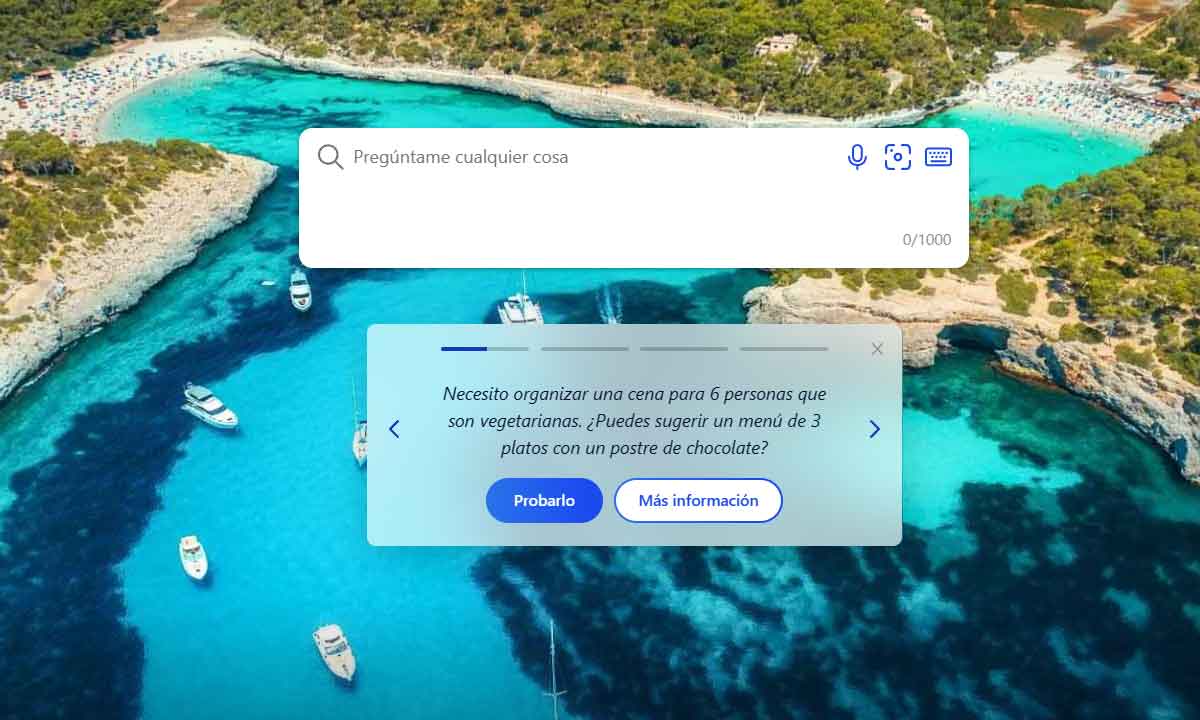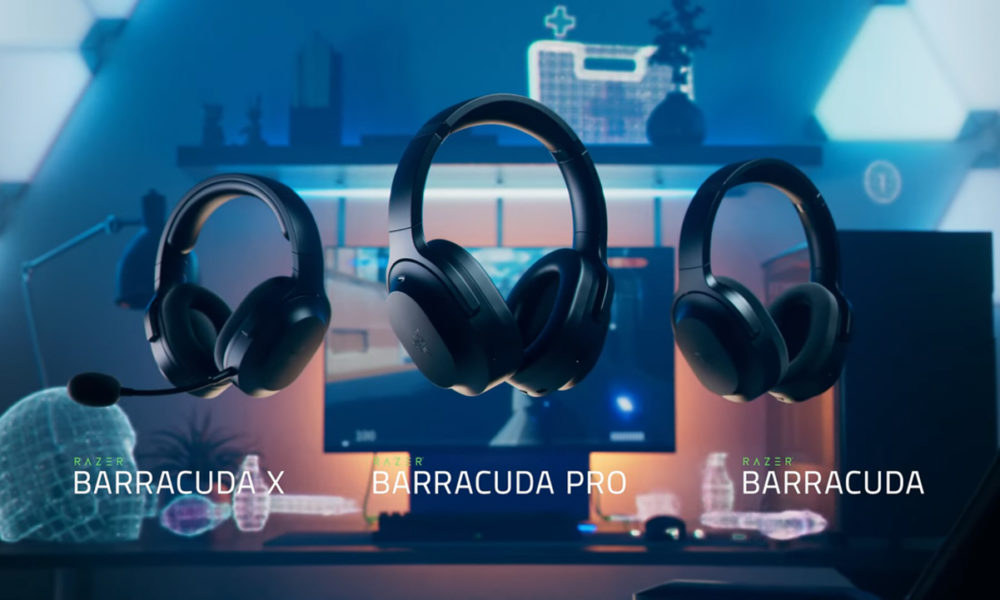
Microsoft continues, so constantly adding features and improvements to Bingwhich we can consider to be their most successful launch in recent years, and the one that has given Redmond back the image of a truly innovative company (although, in this regard, I think my opinion has been made clear when talking about their proposals hardware), capable of standing up to and taking advantage of a Google that, until the arrival of the new Bing, seemed absolutely untouchable.
It is true that now Microsoft faces a more complicated situation than a few months ago, since the scope of Bard, even without reaching the European Union, is already much broader than a few weeks ago, when access was controlled by waiting list and, furthermore, it was only available in the United States and the United Kingdom . Now, in practically the whole world (except the EU and a few other states) Microsoft’s chatbot has to face Google’s, which has been highly anticipated since it was announced at the beginning of the year.
There are only a few hours left until the end of the week, so we can understand that finally the arrival of Bing in Chrome, Safari and other browsers has been delayed with respect to the anticipated plans. This movement is important, because it will result in users will no longer have to use Microsoft Edge to access the chatbot, something that can reduce the use of Bing, now that many users can already opt for Bard in Chrome. Thus, we can think that, even so, its launch is still very, very close.
Thus, while this change occurs, Microsoft continues to work on new features for its chatbot. The last one, as we can read in the search engine’s official blog, is that Bing has already started rolling out the desktop voice chat feature, although at this early stage it is only available in English, Japanese, French, German and Mandarin.. Something that I must admit surprises me a lot, given that the mobile app version already supports many more languages, including Spanish. They say, however, that the arrival of more languages is “on the way”, so hopefully we won’t have to wait too long.
Thus, by pressing the microphone icon it is now possible to formulate our queries to Bing by voice and, in those cases, the chatbot will generate the respective responses in text, but it will also answer them with voice, using the classic TTS (Text To Speech) technology, a veteran voice synthesis system. This step is undoubtedly fundamental to Microsoft’s plans to bring Bing, like Copilot, to Windows 11, and it’s hard to imagine a personal assistant that doesn’t support voice communications.




